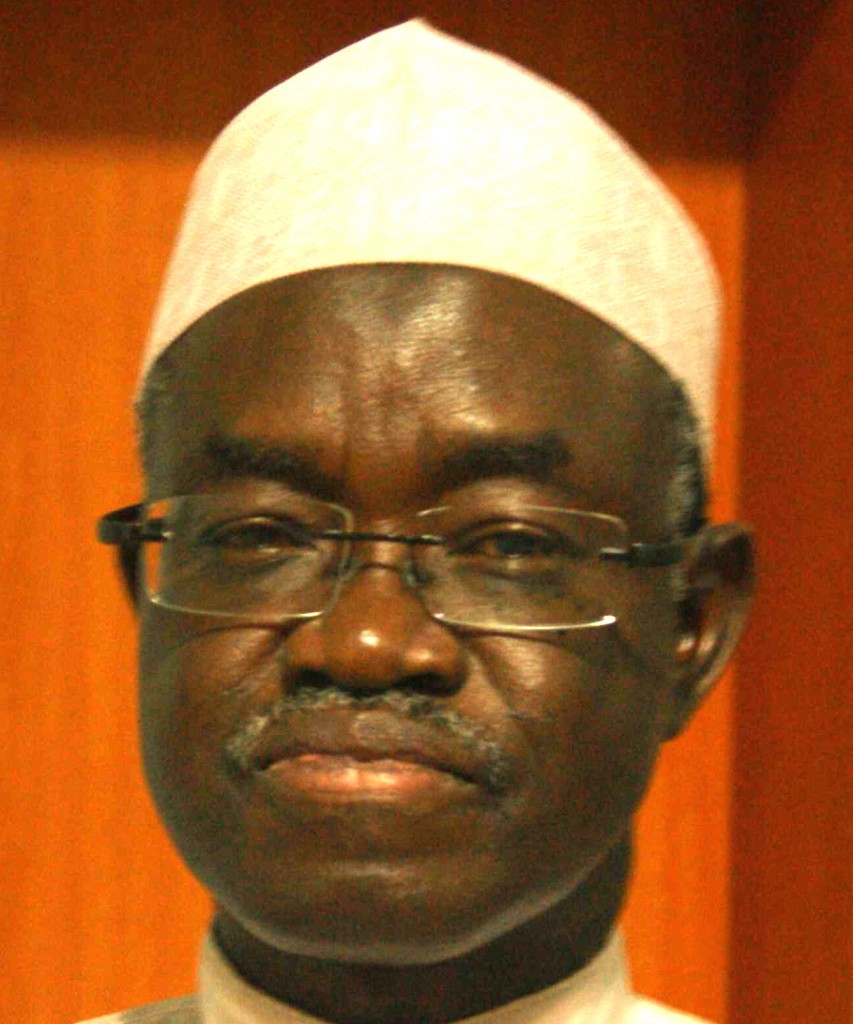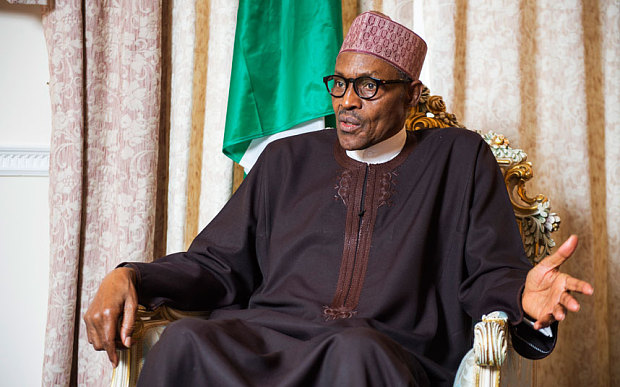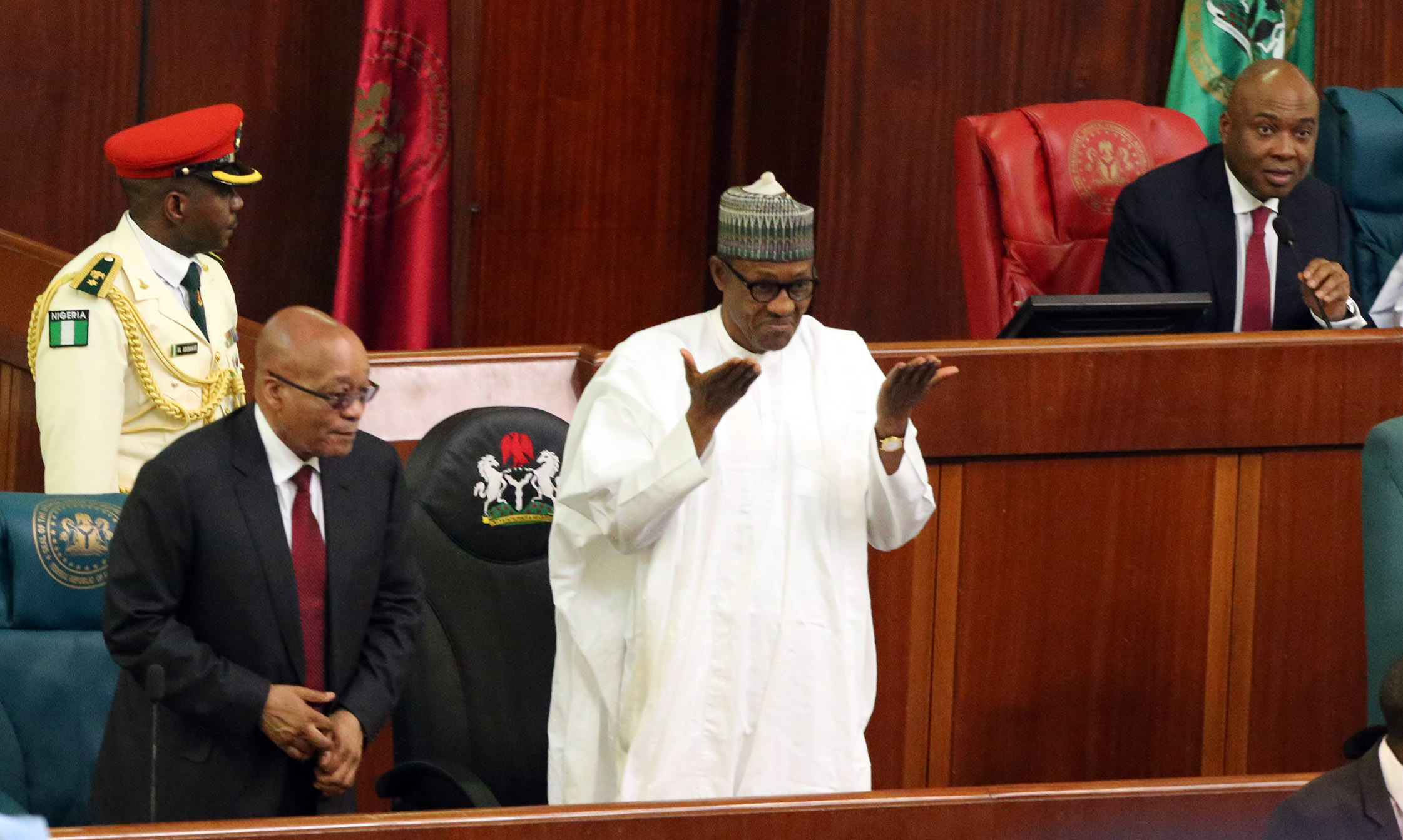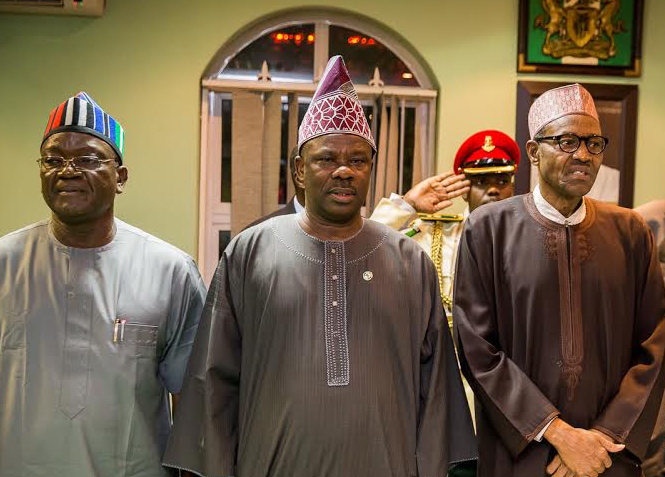I may be wrong, but I can’t remember any story that has attracted such wide and intense newspaper coverage in the last five years or so as the so-called abduction of an underage Ese Oruru (14) from her native Bayelsa State by a teenage Yunusa Dahiru (18) to his native Kano State. Going through the country’s top seven newspapers – The Punch, Thisday, The Nation, Sun, Daily Trust, Vanguard and The Guardian, not necessarily in that order – I recorded no less than 70 pages of news, comments, interviews and editorials on the story between February 28 and last Monday.
Not even the marriage of a not-so-young Senator Ahmed Sani, former Governor of Zamfara State and the pioneer of penal Sharia in the country, to an under-age Egyptian girl in Abuja over five years ago, indeed, not even the globally condemned abduction of over 100 girls from Chibok, Borno State, over a year ago, allegedly by Boko Haram insurgents, has attracted this quantity of newspaper coverage.
Unfortunately, as is invariably the case anytime we allow sentiments and mischief to get the better of our reasoning, the quantity of the newspaper coverage of the story couldn’t have stood in sharper contrast to its abysmal quality.
Last Monday our Literature Nobel Laureate, Wole Soyinka, and radical lawyer and Senior Advocate, Femi Falana, addressed a joint press conference on the story, apparently with the intention of replacing the intense heat the media have generated by their awful coverage with much needed light. Both of them emphatically condemned attempts to characterize the issue as essentially religious. “The attempt to bring religion into the matter,” one newspaper quoted Falana as saying, “is sheer hypocrisy.”
Advertisement
Soyinka was even more categorical and specific. “Let’s take religion out of this,” The Nation (March 7), said he said. “We are talking about pure criminality and it is my demand, and will always remain my demand, that unless you make an example of people like (Senator Ahmed Sani) Yarima, there would be thousands of Yunusa, the man who abducted Ese.”
One couldn’t agree more with both Soyinka and Falana. Indeed one can go even further to say the two should have added the attempts to tribalize and regionalize the story while condemning the attempts to drag religion into it. However, while I completely agree with them that we should keep religion out of the matter, I must say it seems to me both of them have the wrong culprits in mind.
In condemning the attempt at bringing religion into the matter, both of them specifically named Ishaq Akintola as their chief villain. “People like Akintola,” Falana said during the press conference in question, “are playing on the intelligence of the poor.”
Advertisement
Akintola is a professor of Islamic Eschatology and Director of Muslim Rights Concern (MURIC), a Lagos based civil society organization. In an interview in Sunday PUNCH (March 6), the professor had said Islam has no age barrier for marriage, implying support of the claim that Yunusa forcibly married Ese. “Non-Muslims,” he said, “should keep off Muslim affairs.”
It is true that in Islam, as Akintola said, there is no age barrier in marriage. But I am sure the professor would be the first to agree with me that in a multi-religious and multi-ethnic country like Nigeria, it is difficult, if not impossible, not to mind your neighbour’s business. As he himself admitted, not all marriages in Nigeria are between two persons of the same faith. Even if his claim that only 0.1% of Muslims marry outside their faith is true – and I suspect it is grossly exaggerated – he would, I am sure, be the first to agree with me that the rights of the 0.1% non-Muslims they marry deserve protection.
Even then I believe it is grossly unfair to accuse Akintola of bringing religion into the Yunusa/Ese controversy. On the contrary a complete reading of his Sunday PUNCH interview shows he was totally against doing so. When the episode first broke out, MURIC, as he pointed out, issued a statement that Yunusa should be arrested and prosecuted for abduction because Ese was a minor and a Christian who required her parent’s consent, a condition Sharia says must be met for a marriage to a minor to be valid.
In any case, the fact, as Akintola pointed out, was that no one in authority in Kano, not the Shari’a Council, not the Emir, not the putative groom’s father, nor others some newspapers have accused of forcing Ese to marry Yunusa, agreed to his request. On the contrary, they all did their bits to see Ese returned home to her parents, something the newspapers would not want to acknowledge because doing so would take the sensationalism out of their stories.
Advertisement
So instead of attacking Akintola for pointing out the fact that Islam has no age barrier for marriage, Soyinka and Falana should be blaming the prominent politicians (for example, Senator Ben Murray Bruce), the Christian clergy (for example, Reverend Musa Asake, the Secretary-General of Christian Association of Nigeria) and sections of the media that framed the issue as one of a Muslim man stealing a Christian girl and forcing her to change her religion to marry her, instead of looking at it as the criminal matter that it is.
Probably the chief villain among newspapers in their clearly biased reporting was PUNCH. “Kano Man,” it trumpeted in the sensational headline of its lead story on February 28, “abducts 14-year old Bayelsa girl, forcefully marries her”! Not only did the newspaper, like many others, convict Yunusa of abduction even before he has had his day in court, they have all echoed the lie that he forced her into marriage when no such thing ever took place.
It is apparent that what we have here is a case of one standard for Muslims and another for none Muslims. And as if to expose the hypocrisy of those who first dressed the Yunusa/Ese case in religious and ethnic garbs, about the very day Ese was finally united with her parents, a daring gang of young men invaded a girl seminary in Lagos and allegedly abducted three girls. You would search all the newspapers in vain to know the religious, ethnic or regional identities of the gang members.
Long before this case there was that of the daring kidnapping of the wife of Steve Nwosu, the Deputy Managing Director of Sun and one of its ace columnists, from his Lagos residence last year. Throughout their wide coverage of the episode, there was not a single word about the religion, region or ethnicity of the suspects. It is not surprising then that his column of March 2 is, at least in my opinion, one of the most sensible things anyone has written about the Yunusa/Ese case, even though I did not completely agree with it.
Advertisement
“No body,” he said halfway through his article, “should go thinking that this malaise is an Islam thing alone. It is not! Many Christian clerics are also into it.”
The biased framing of the Yunusa/Ese story by newspapers implied by Nwosu’s accurate observation is not the only worrisome aspect of it. Equally worrisome is the attempt by the newspapers to paint a pattern of Muslims abducting little Christian girls and forcing them into marriage by dredging up cases of such abductions where none existed.
Advertisement
In its lead story on page 5 of its March 7 edition, for example, The Guardian said a “15-year old Benue girl, Patience Paul, who was abducted since last year and taken to Sokoto, has re-united with her family after the intervention of Governor Aminu Tambuwal and other security agencies.”
Reading this story you will never know that Patience and her parents have been resident in Sokoto for years instead of in their native Benue State. You will also never know that when she wanted to convert to Islam under the influence of a Muslim girl friend, and because she said she was a victim of child abuse at home, the religious authorities in Sokoto refused to oblige her because they said she did not have her parent’s consent.
Advertisement
Instead some of the newspapers went as far as to recklessly accuse the urbane Sultan of Sokoto and head of Nigerian Muslims, Alhaji Sa’ad Abubakar, of hiding her in his palace.
Soyinka and Falana are right to condemn any attempt to bring religion into the Yunusa/Ese saga. But they are wrong to accuse only one side of doing so.
Advertisement
Views expressed by contributors are strictly personal and not of TheCable.






